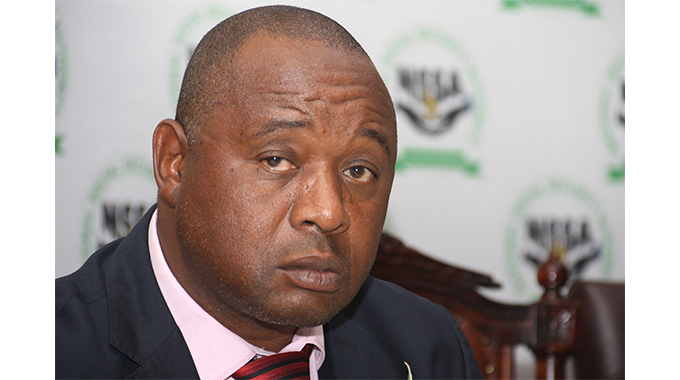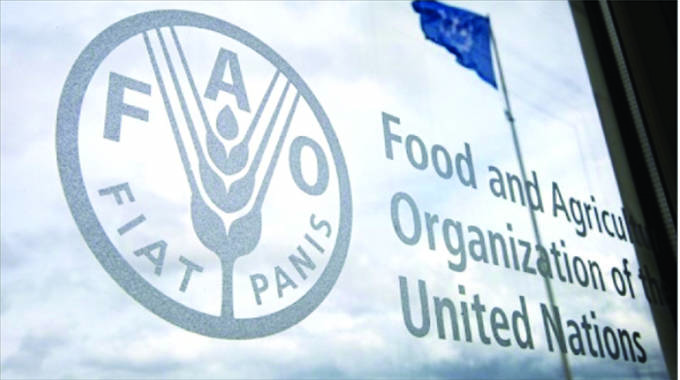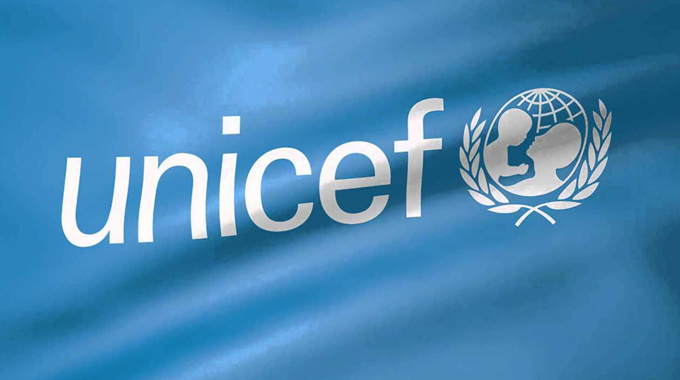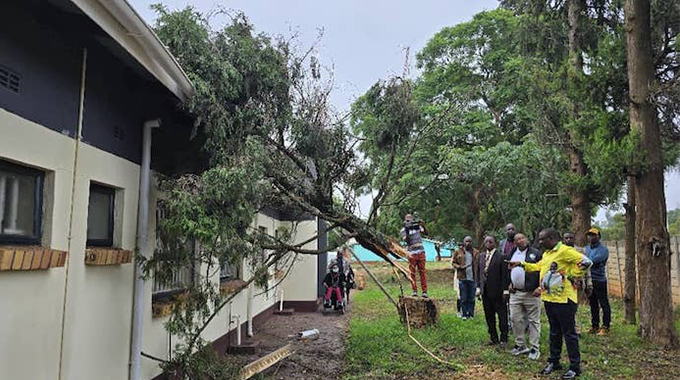Zimbabwe wants partners not donors

Nqobile Tshili, [email protected]
ZIMBABWE does not need donations but partners who would help it achieve its developmental aspirations of transforming livelihoods into an upper middle economy status by 2030.
Lands, Agriculture, Fisheries, Water and Rural Development Deputy Minister, Davies Marapira, said this on Tuesday during the Enhanced Resilience for Vulnerable Households in Zimbabwe Programme in Insiza District, Matabeleland South.
The programme is meant to capacitate farmers to withstand climate shocks through adopting climate-proofed agriculture, which complements Government’s Pfumvudza/Intwasa programme. Under the program villagers are trained to produce organic manure, which is said to preserve soil compared to fertilisers.
On the other hand, a solar-powered borehole was installed at Lufuze Primary School, thereby enabling the learning institution to irrigate crops, making it nutritional sufficient.
The European Union is sponsoring the programme to the tune of €20 million with the Food and Agriculture Organisation (FAO) and UNICEF being the lead implementers.

Food and Agriculture Organisation
What impressed the Deputy Minister is how communities have been provided with skills as opposed to them continuously depending on donations for survival.
Some non-government organisations have made their mark in communities through providing food donations, which create a dependency syndrome.
However, the Government’s thrust is to ensure that no community is left behind as far as development is concerned.
“In our briefing this morning I was telling them that their new scope of work, previously they used to bring fish to us but now they are bringing the rods.
“This enables us to fish. We no longer want those cooking oils, sugar-beans and sunflower to produce cooking oil. What we want is more water so that we can irrigate commercially,” said Deputy Minister Marapira.
“The projects dovetail with President Mnangagwa’s vision of transforming the country into an upper middle-income economy.
“The reason why I’m saying this is that for the last 40 years, they made this country poor by giving us donations. They were killing this nation. We want people who will partner us and enable us to develop ourselves and through FAO and UNICEF we are seeing that.”
The Deputy Minister said given the knowledge that has been imparted to farmers, the Government expects locals to produce good yields despite predictions of low rainfalls in the coming season.
Communities were being taught to produce organic manure and replace non-organic fertilisers, which is blamed for damaging soils.
“You are quite aware that soil is a living component like any other organ. It needs micro-organisms. It means with the use of the current technology, the PH of the soil means the sweetness and the sourness of the soil and chemicals will affect the soils. But with the organic fertilisers we will be able to conserve soils while producing good yields,” said Cde Marapira.
He said the re-election of Zanu-PF into power means that the Government is going to scale up rural industrialisation, which includes development of modern irrigation schemes to guarantee food security.
“The President says no place in Zimbabwe should be left behind. That is why we are here in Lufuze Ward 9 Insiza South constituency.
“This means you are also not going to be left behind. Being a Central Committee member of the ruling party, I want to thank you for voting for the ruling party,” said the Deputy Minister.
“The President is going to do a lot in the coming five years and I mean a lot of rural development and you are on the right side of rural development.”
United Nations Zimbabwe representative and FAO country director Dr Patrice Talla Takoukam said it was critical to complement Government in enhancing food security in communities through skills development.
“This is a joint programme, which is implemented by FAO and UNICEF with the funding of the European Union. So is the cooperation of the two institutions, which is also supporting the Government programmes through the Ministry of Agriculture, especially in this region, which is a dry region with low rainfall,” he said.

“We are going to El Nino season, meaning the region is going to get less rainfall,” said Dr Takoukam.
“What we have been implementing in Matabeleland South in the last two years is showing that we can use the smart agriculture conservation method with the purpose first to conserve the soil but also to show that we can improve productivity in the yields of the crops using traditional methods.”
He said farmers are also trained to plant traditional grains, which improves their nutrition.
“What is interesting is that those farmers are moving to build businesses because they understand that they will be able to produce more and have access to markets.
“It means if we are able to scale up this programme the farmers could start becoming small scale business producers and can sell their produce to the urban areas and earn income to fulfill their needs like education and health of their children,” said Dr Takoukam.
“We need to see it as a holistic approach where we provide food security and nutrition so that in the coming years, they can be financially independent and ensure their own food security and income.”-@nqotshili












Comments